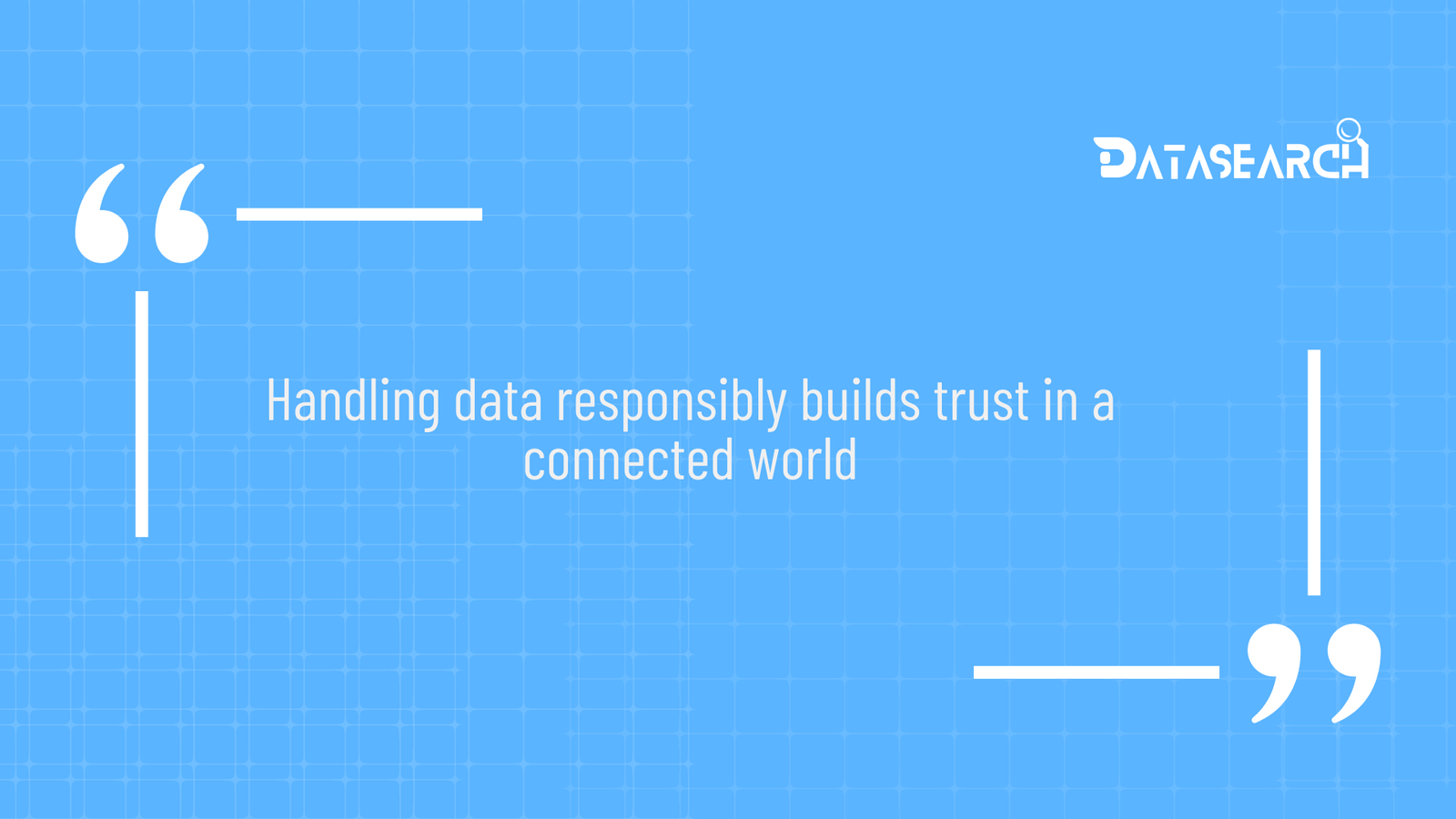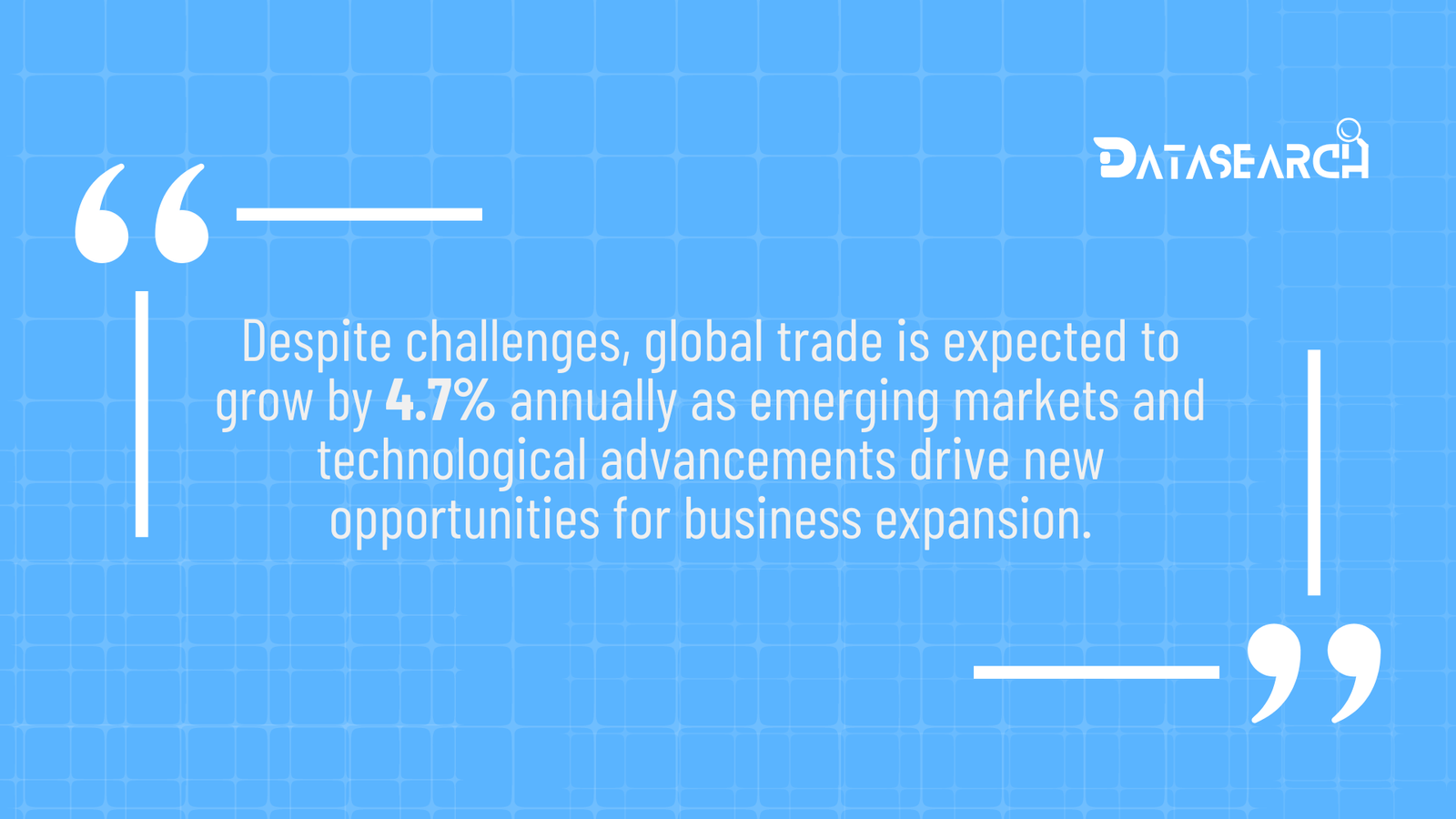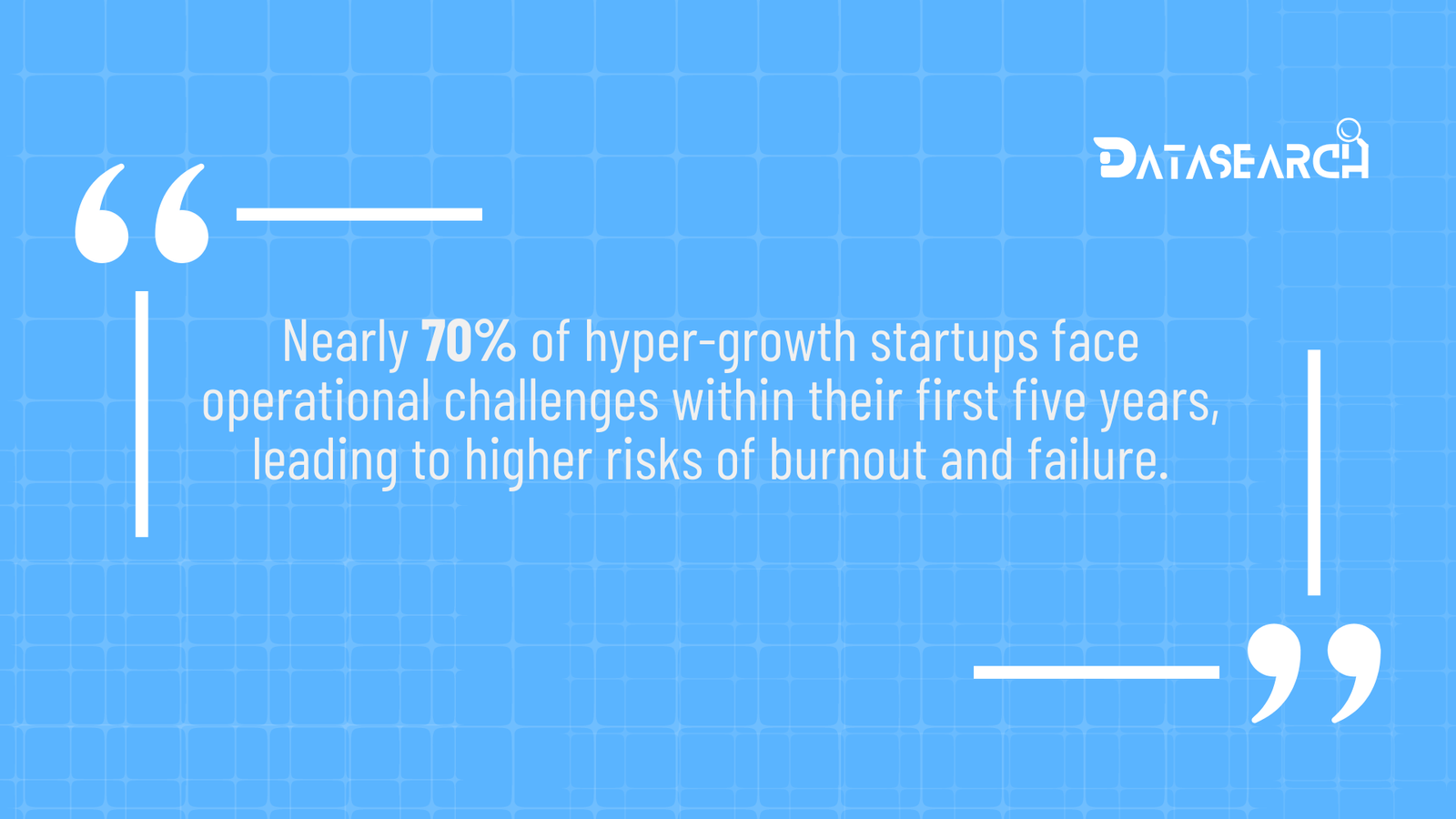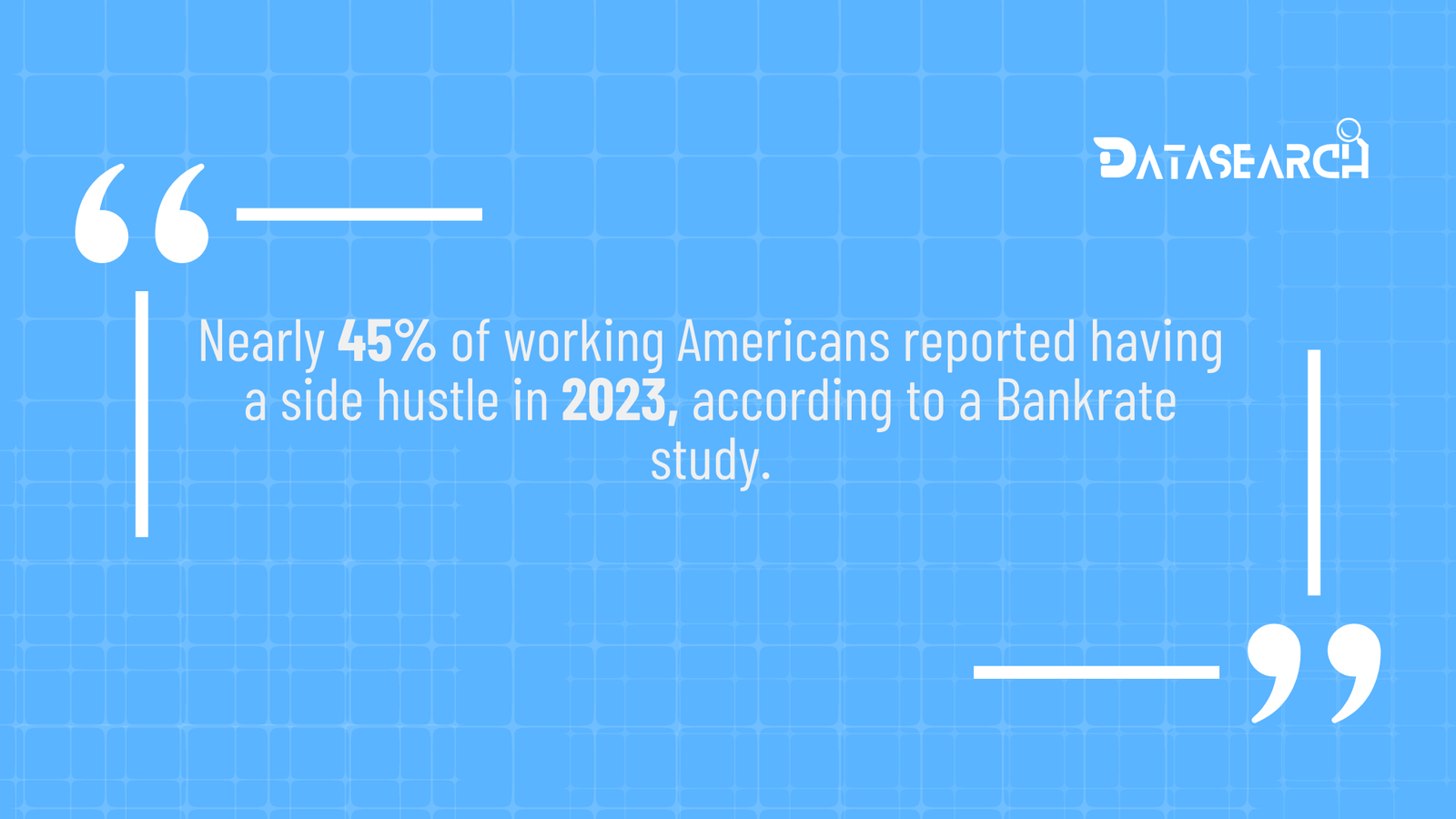In today’s interconnected world, vast amounts of data are collected, processed, and shared daily. This “big data” is revolutionizing industries, enabling businesses to personalize services, optimize operations, and predict market trends. However, with great power comes great responsibility. The ethics of information sharing have become a critical concern as the potential misuse of data can lead to privacy violations, discrimination, and security risks. Understanding the ethical implications of data sharing is essential for businesses and governments alike to build trust and protect the rights of individuals.
The Ethical Challenges of Big Data
Big data offers immense potential, but its use raises serious ethical questions. These include concerns about consent, privacy, and the misuse of information. Here are some of the key ethical challenges in the realm of big data:
1. Informed Consent
When users share their data, are they fully aware of how it will be used? In many cases, terms and conditions are long, vague, or filled with legal jargon, leaving users unaware of what they’re agreeing to. Businesses have an ethical responsibility to ensure transparency and provide users with clear information on how their data will be collected, used, and shared.
2. Data Privacy
Data breaches and improper data handling can lead to devastating consequences for individuals, from identity theft to personal information being exposed. Companies must prioritize data security and follow privacy regulations such as the GDPR to protect sensitive information. This means encrypting data, ensuring secure data storage, and minimizing the collection of unnecessary personal information.
3. Data Bias and Discrimination
Another major concern is the potential for bias in data analysis. Algorithms used to process big data are often trained on historical data, which may contain biases based on race, gender, or socioeconomic status. Without proper oversight, these biases can perpetuate unfair practices in areas like hiring, lending, and healthcare, reinforcing existing inequalities.
Responsible Information Sharing
Responsible data sharing is about finding a balance between leveraging data for positive outcomes and safeguarding the rights of individuals. Here’s how businesses and organizations can implement ethical data-sharing practices:
1. Transparency and Accountability
Transparency should be at the core of any data-sharing practice. Organizations need to be upfront about how data is being collected and used. Creating easily accessible privacy policies, providing clear explanations, and giving users control over their data are all crucial steps. Accountability is also vital; companies should have systems in place to audit their data practices and ensure compliance with ethical standards.
2. Anonymization of Data
To minimize the risk of privacy violations, businesses should anonymize data whenever possible. This means removing personally identifiable information (PII) so that data cannot be traced back to individuals. Anonymized data can still provide valuable insights without compromising the privacy of users.
3. Ethical Data Governance
Establishing ethical governance frameworks ensures that data is used in a way that aligns with societal values and legal standards. This includes implementing policies for the ethical collection, storage, and analysis of data. An ethical data governance framework also requires organizations to assess the potential risks and benefits of sharing data before making it publicly available.
The Role of Regulations in Ethical Data Sharing
In recent years, governments have introduced regulations designed to protect individuals from the misuse of their data. The European Union’s General Data Protection Regulation (GDPR) and the California Consumer Privacy Act (CCPA) are leading examples of how regulators are taking action to ensure ethical data practices. These laws empower consumers by giving them greater control over their data and hold companies accountable for breaches and misuse.
However, compliance with these regulations should be seen as the minimum standard. True ethical responsibility goes beyond legal obligations. Organizations must commit to creating a culture of data ethics, one that prioritizes user trust and long-term societal benefits over short-term gains.
How DataSearch Promotes Ethical Data Sharing
At DataSearch, we recognize that big data comes with big responsibility. Our platform is designed with ethical data practices in mind, ensuring that the businesses we work with can access valuable insights without compromising user privacy. By utilizing advanced data analysis and privacy-conscious algorithms, DataSearch helps companies make informed decisions while adhering to the highest standards of data ethics.
With DataSearch, businesses can ensure that they are not only meeting regulatory requirements but also fostering trust with their audience through transparent and responsible data practices. Visit DataSearch.pro to learn more about how we can help you navigate the complex world of big data ethically and responsibly.




